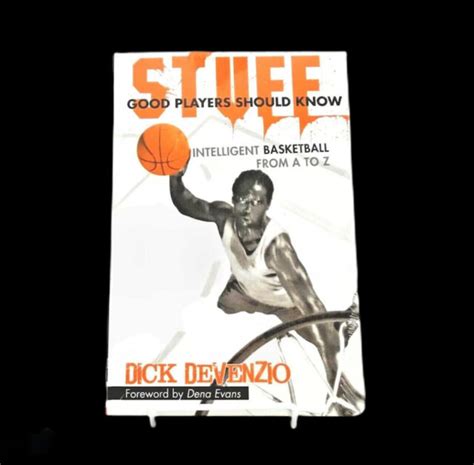A Quote by Paolo Bacigalupi
I'm interested in how we react when we're heavily pressed. When we're vulnerable and our survival is in question, how do we behave?
Quote Topics
Related Quotes
How would you feel if you had no fear? Feel like that. How would you behave toward other people if you realized their powerlessness to hurt you? Behave like that. How would your react to so-called misfortune if you saw its inability to bother you? React like that. How would you think toward yourself if you knew you were really all right? Think like that.
I want people to think about movies and how we watch them. Let them know it's okay to question the structure or how we're sometimes duped into a false sense of normalcy. Most of all, I want people to question the old standard practices of, 'This is how the structure of something should work,' or, 'This is how a character must behave.'
When you have children your own hypocrisy becomes more apparent because you're telling them how to behave, and you're not behaving like that yourself. So it obliges one to really go in and try to look at why there is a huge gulf between how one knows one wants to behave and how one actually does behave.
Because of my experience in Occupy, instead of asking the question, "Who will benefit from this system I'm implementing with the data?" I started to ask the question, "What will happen to the most vulnerable?" Or "Who is going to lose under this system? How will this affect the worst-off person?" Which is a very different question from "How does this improve certain people's lives?"
The History of every major Galactic Civilization tends to pass through three distinct and recognizable phases, those of Survival, Inquiry and Sophistication, otherwise known as the How, Why, and Where phases. For instance, the first phase is characterized by the question 'How can we eat?' the second by the question 'Why do we eat?' and the third by the question 'Where shall we have lunch?
Part of our identity is the idea that racism is still there and that we are vulnerable to it. So, the question is, 'How vulnerable?' In other words, is it really a problem for us, or is it just a small thing. How do you evaluate racism in America on a scale of 1 to 10? My suspicion is that most blacks overrate it a bit. Not to say it's not there, but we overrate it because this masking is part of our relationship to the larger society. This is a way we keep whites on the hook. We keep them obligated, and we keep ourselves entitled. There's an incentive, you see, to inflate it a little bit.
Customers don't know what they want. There's plenty of good psychology research that shows that people are not able to accurately predict how they would behave in the future. So asking them, 'Would you buy my product if it had these three features?' or 'How would you react if we changed our product this way?' is a waste of time. They don't know.





































